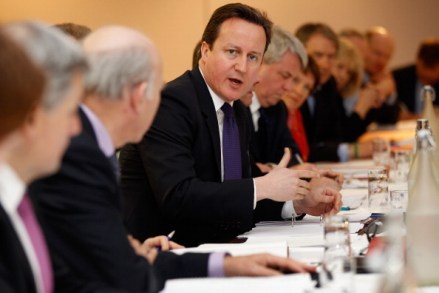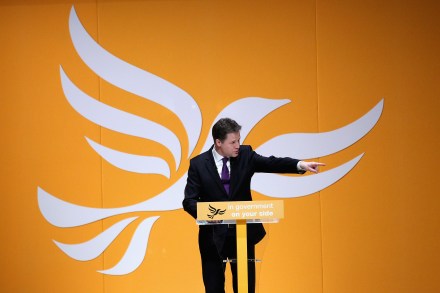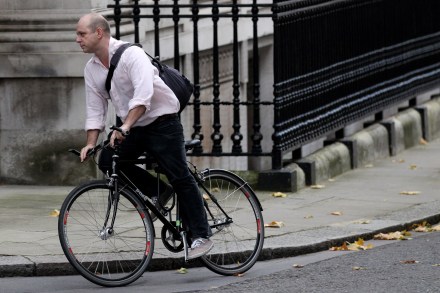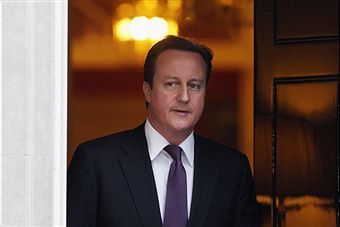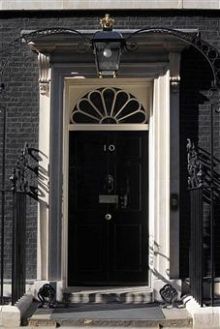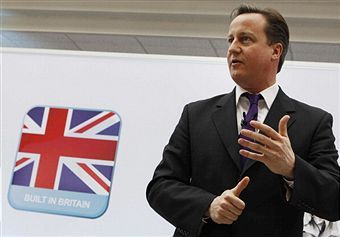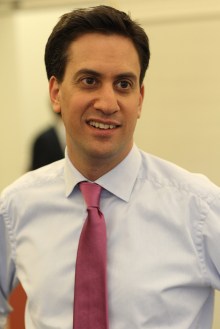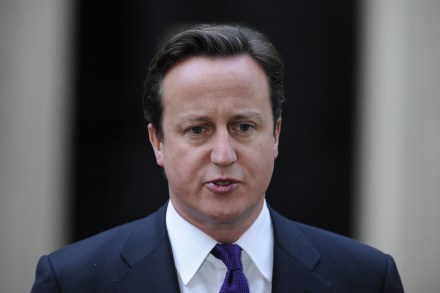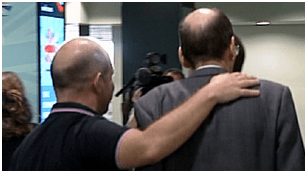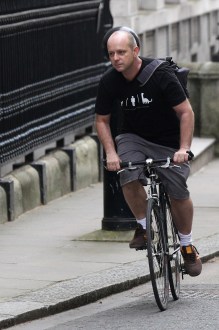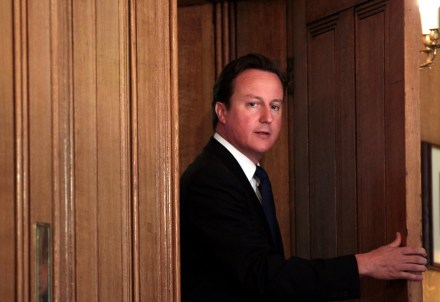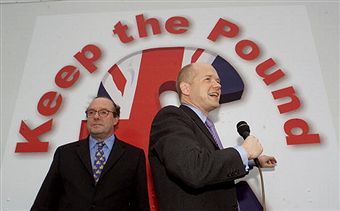Mid-term blues or something more serious?
The argument in the Cameron circle about what the government needs to do to get back on course has been the story of this week. As I say in the political column, there’s a divide between those who think that this month’s events have been little more than a bit of mid-term blues, and those who worry that they have revealed serious, structural problems that needs addressing if they are not to cripple the government. At a meeting of Conservative Cabinet ministers on Wednesday lunchtime, this divide came clearly into sight. Sayeeda Warsi, the Tory chair, asked for a freer rein to attack the Liberal Democrats, complaining that the Tories
